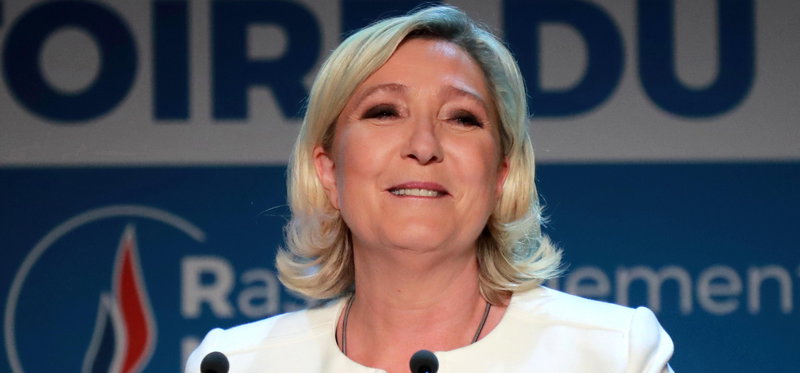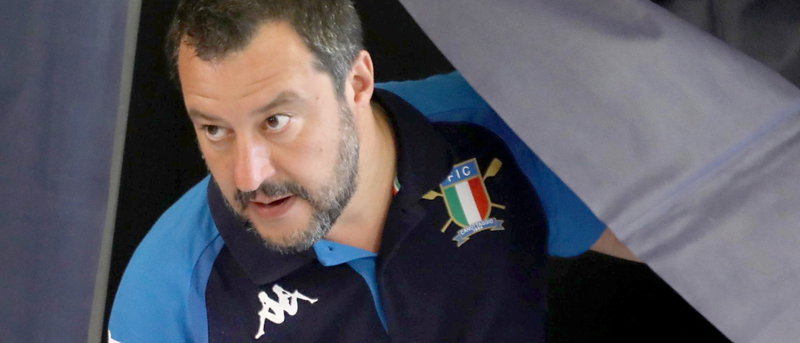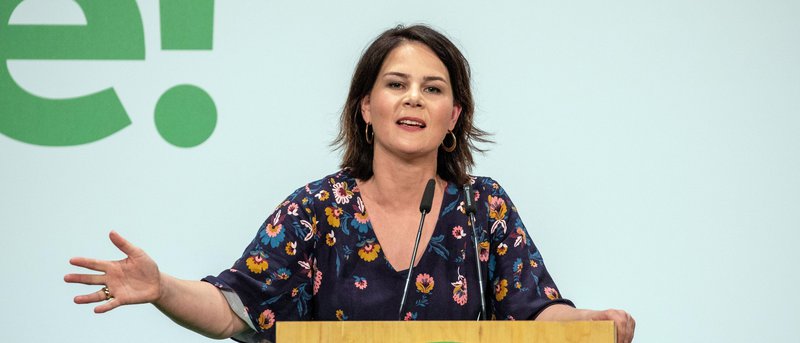End of two- party rule
The EU is set to get the most fragmented Parliament in its history following the May 26 European elections
It was a blow for Europe’s two largest political groups: the progressive S&D alliance and the conservative People’s party. The European election left an unprecedented panorama, with a European Parliament that is more fragmented than ever before. The parties that always dominate the chamber lost their majorities, with greens, pro-EU centrist liberals, Eurosceptics and right-wing populist parties making substantial gains.
The European People’s Party (EPP) went from 216 to 179 MEPs, while the S&D social democrats went from 185 to 150. Despite the losses, the two groupings are hoping to hang on to control of the European Commission. To win the battle for control of the institution, the liberals and greens must work together as the groups that attracted most votes reflecting the discontent in Europe, provoking a 10-point rise in voter turnout to 51%. The next months are key in laying down the direction of EU institutions for the next five years.
Only hours after the election was over, MEPs began talks to form coalitions. A political group needs a minimum of 25 MEPs from at least a quarter of the member states – seven countries in the EU’s current composition – and the groups must register before June 24, a week before the first plenary session.
Once the groups have been established, the 751 elected members will hold their first plenary session in Strasbourg between July 2 and 4, which will be presided over by the outgoing head of the chamber, the Italian Antonio Tajani, whose successor will be chosen through a secret ballot in the same session. The chamber will hold two plenary sessions in July, with the second (between July 15 and 18) seeing a vote to approve the appointment of the president of the European Commission from the candidates put forward by the member states, which could happen in a summit in June. The new European Commission will officially begin functioning on November 1, with the council’s new head taking office on December 1.
Talks
The secret talks between Europe’s leaders does not guarantee that the member states will agree on appointing any of the candidates – known as Spitzenkandidaten – put forward by the parties. Yet, the Parliament wants to keep this system and a majority in the chamber is necessary to approve a successor to Jean-Claude Juncker at the head of the Commission. One of the best candidates to replace him is the Commissioner for Competition, the Danish politician, Margrethe Vestager. Vestager’s group benefited most from the defeat of traditional parties. The liberal-centrist Alliance of Liberals and Democrats for Europe group (ALDE) increased its representation in the chamber by 40 seats. The European Greens also went up by 3%.
The Eurosceptic and far-right parties, such as Marine Le Pen’s National Rally (France), the Alternative for Germany (AfD), and Matteo Salvini’s League (Italy) are distributed in three groups in the European Parliament. They are the European Conservatives and Reformists (ECR) and two far-right groups, Europe of Freedom and Direct Democracy (EFDD) and the Union for Europe of the Nations (UEN). Between them, the far-right bloc won over 10% of seats. In France, Le Pen’s National Rally beat French president Emmanuel Macron’s centrist En Marche!
For its part, the League won almost 30% of votes in Italy, and its partner, the Five Star Movement, came third. League leader Matteo Salvini wants a nationalist bloc in the Parliament called the Alliance for Europe of the Nations, which could become the second-largest group. Meanwhile, the Alternative for Germany (AfD) got worse results than it had hoped for, behind the Christian Democrats and the Social Democrats.
In the UK, the Brexit Party, launched six weeks before the elections, topped the results ahead of the Conservative and Labour parties. The group’s leader, Nigel Farage, is the founder of the UKIP party, the far-right party that was the biggest Brexit promoter. In Hungary, prime minister Viktor Orbán’s party won 52% of the votes.
The Greek crisis
As for Greece, prime minister Alexis Tsipras suggested the elections would act as a plebiscite on his time in office. Tsipras believed that a good result would catapult him into the October general election. Yet the results did not work out as he had hoped. Austerity measures, the refugee crisis and the financial difficulties experienced by the population all came together to hand victory to the conservative New Democracy party.
feature
Le Pen takes Macron’s votes
It was by a narrow margin, but it was a defeat all the same for the centrist La République En Marche! party of French president Emmanuel Macron. Marine Le Pen’s far-right National Rally party came first with 23.8% of the votes, while Macron’s party came in second with just 22.4%. The Europe Ecology – The Greens party came third in France with 13.4% of the votes.
Triumph for anti-Europe narrative
Italy’s interior minister, Matteo Salvini, was the big winner in the elections, albeit with a result that was below the expectations set by the polls. With such issues as the closing of the country’s ports, the arguments against Brussels... the Five Star Movement (M5E) of Luigi Di Maio did not do so well, losing its left-wing supporters due to the party’s support for Salvini’s League.
Victory for Brexit supporters
Nigel Farage, one of the icons of Brexit, and now leader of the new Brexit Party, was the big winner in the elections in the UK. With a discourse that sometimes seemed Trumpian, Farage’s party got almost 30% of the votes, inflicting a heavy defeat on the Conservatives, who got only 10%. Labour also got a modest result, with 16% of the votes. An ambiguous stance on Brexit was one of the reasons why Jeremy Corbyn’s party lost support.
German Greens on the up
Although they came in second position in the election, the improvement in results for the Greens in Germany had the taste of victory. The two conservative parties in the Union coalition managed to win the election, but with considerable losses. One of them, Angela Merkel’s Christian Democratic Union of Germany (CDU) was the most voted party, while the Social Democratic Party (SPD) only managed to summon 15% of the votes in Germany.




